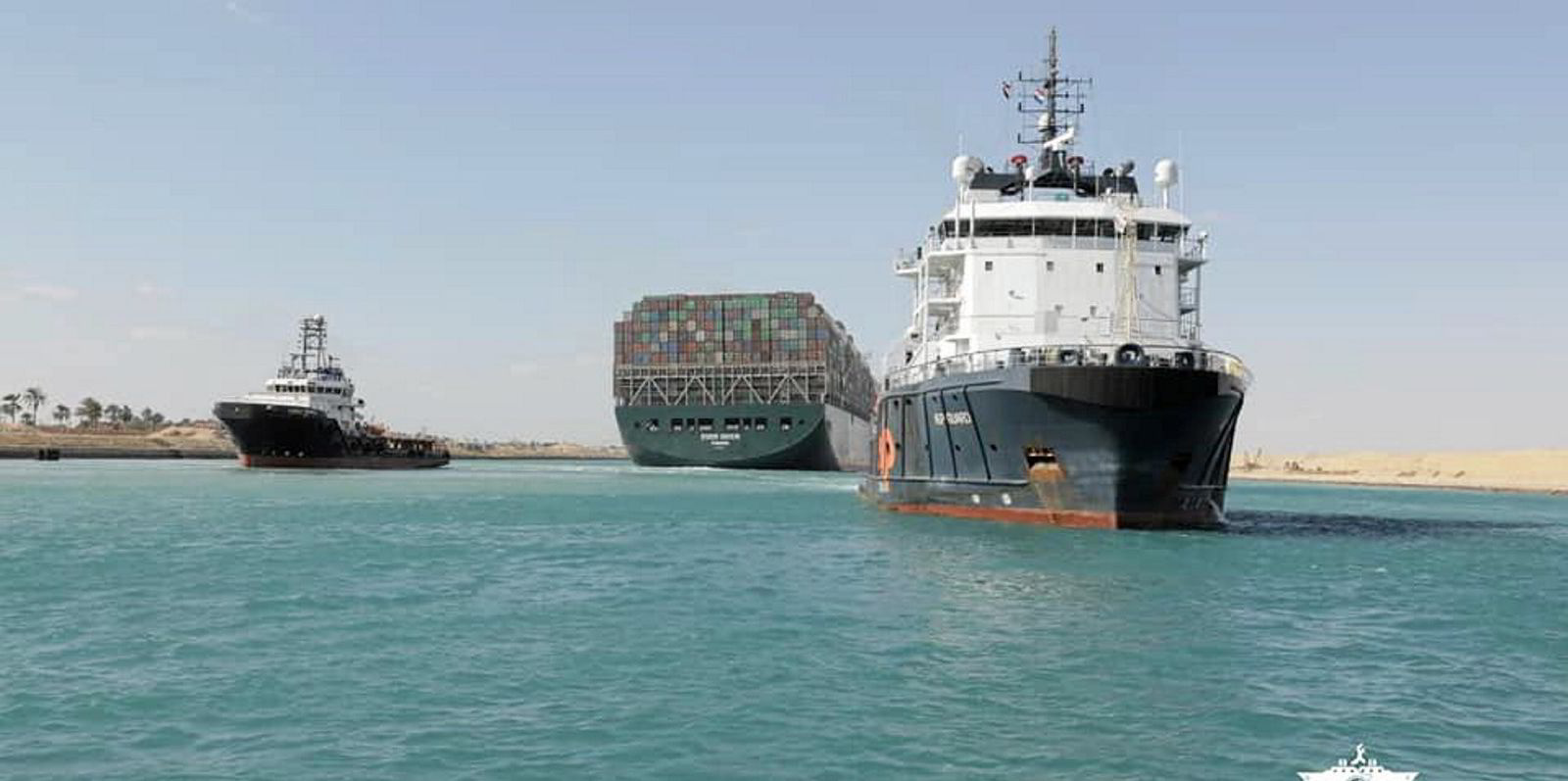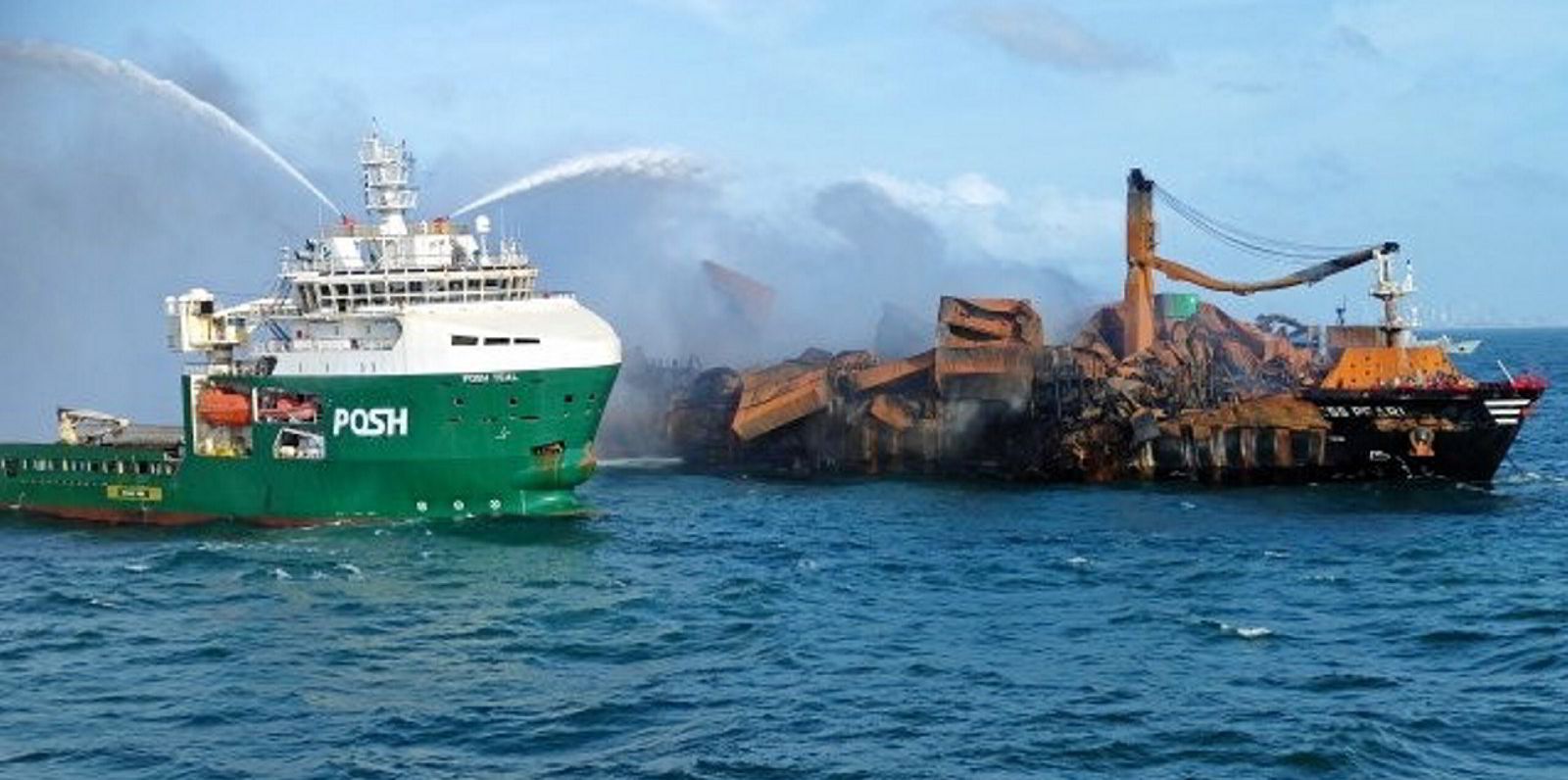The International Salvage Union (ISU) is optimistic that shipping’s traditional salvage contract — the Lloyd’s Open Form (LOF) — can be rescued as an 18-month review comes to an end.
An attempt to revive the no-cure, no-pay salvage contract was initiated following a decision to keep the Lloyd’s of London’s Salvage Arbitration Branch (SAB) going in 2001.
The future of the SAB was put in question by the long-term decline of LOF contracts, which have become regarded as too expensive.
LOF awards are settled between the owner and salvage company — or through arbitration — with the value of the saved property playing a role in the eventual settlement.
But more recently, insurers have preferred to use standard towage contracts, or other fixed-price contracts.
The ISU has been working with the Lloyd’s review.
Lack of transparency
ISU president Nick Sloane told the association’s conference in London that the LOF is important to salvage companies.
He hopes the review will “future-proof” the LOF and make it the “go-to contract” for shipowners.
The review of the contract is looking at awards and costs, as well as its use in Asia and in the context of the environment, social and corporate governance agenda.
The LOF is used primarily by property insurers in the hull and machinery market.
The insurance industry’s concerns were outlined at the ISU conference by International Union of Marine Insurance president Frederic Denefle.
He said there is insufficient transparency of LOF awards to indicate that it is the best option available.
“We don’t have the figures to show that LOF was efficient,” Denefle said. “This is an area we have to improve on.”
However, ISU legal advisor Richard Gunn pointed out that the details of 10 salvage awards were published in 2022.
Sloane emphasised that the salvage industry is playing a critical role in reducing marine pollution.
The ISU’s latest figures show its members provided 186 services to vessels carrying 2.6m tonnes of potentially polluting cargo and fuel during operations in 2022.
“The shipping and insurance industries recognise their responsibilities and the importance of maintaining their ‘licence to operate’, and the availability of emergency response services is a critical part of meeting those responsibilities,” Sloane said.





